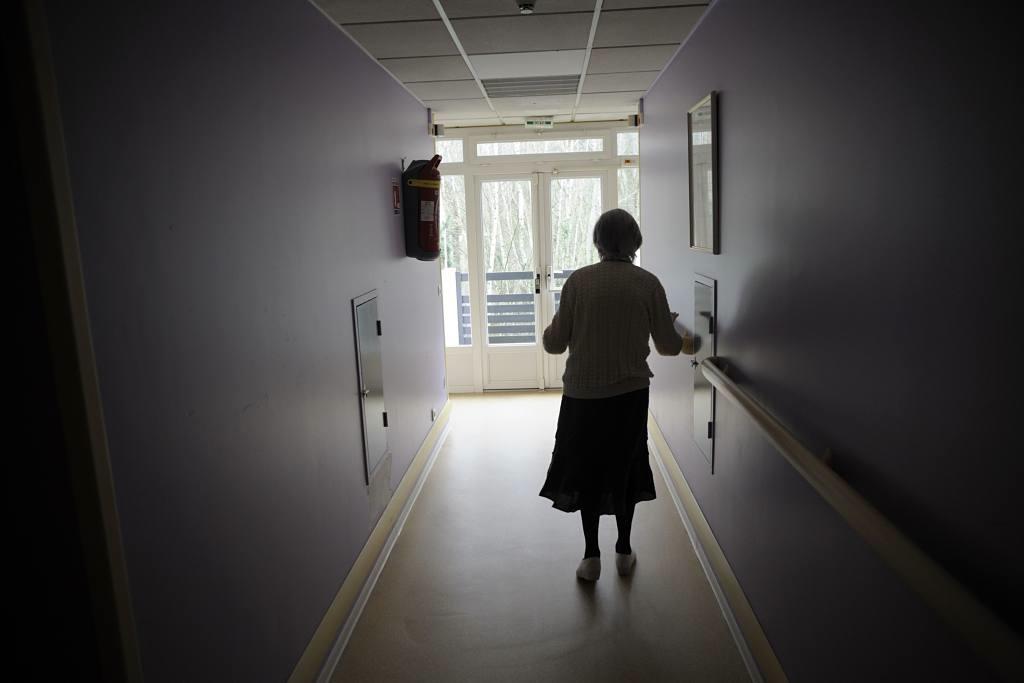Dementia cases will triple by 2050, World Health Organization report finds
New studies suggest that avoiding smoking and staying active could reduce the chances of developing Alzheimer’s Disease.
Dementia cases will double by 2030 and triple by 2050, according to a new report by the World Health Organization (WHO).
Increased life expectancy and better medical care in developing countries are expected to cause a sharp increase in cases of the disease, which affected about 35.6 million people worldwide in 2010, the Associated Press reported. By 2050, 115 million people will suffer from dementia, largely in low or middle-income nations, according to WHO predictions.
"The numbers are already large and are increasing rather rapidly," said Dr. Shekhar Saxena, the head of WHO's mental health division.
More from GlobalPost: Report links body fat in women to dementia
The treatment and care for dementia is a huge financial burden as well, the report found, costing the world over $604 billion per year. That figure includes both the cost of providing health and social care and the reduction or loss of income of people with dementia and their caregivers, according to the WHO.
The disease is caused by a variety of brain illnesses that affect memory, thinking, behavior, and the ability to perform everyday tasks, according to Agence France Presse. Alzheimer's disease is the leading cause of dementia, accounting for about 70 percent of cases.
The report also found that significant issues in the diagnosing of dementia: even in high income countries, only 20 to 50 percent of dementia cases are routinely recognized, according to AFP.
If poorly treated or ignored, dementia sufferers can become isolated and vulnerable, especially if they also have poor eyesight or hearing, the AP reported.
"We need to increase our capacity to detect dementia early and to provide the necessary health and social care," said Oleg Chestnov, assistant director general of Noncommunicable Diseases and Mental Health at WHO. "Much can be done to decrease the burden of dementia. Health-care workers are often not adequately trained to recognize dementia."
More from GlobalPost: New Alzheimer's scan approved by FDA
Saxena called the increasing rate of dementia a "paradox" of medical progress.
"The better we do, the more we expect to have problems with dementia and we need to be prepared for that," he told the AP.
The story you just read is accessible and free to all because thousands of listeners and readers contribute to our nonprofit newsroom. We go deep to bring you the human-centered international reporting that you know you can trust. To do this work and to do it well, we rely on the support of our listeners. If you appreciated our coverage this year, if there was a story that made you pause or a song that moved you, would you consider making a gift to sustain our work through 2024 and beyond?
